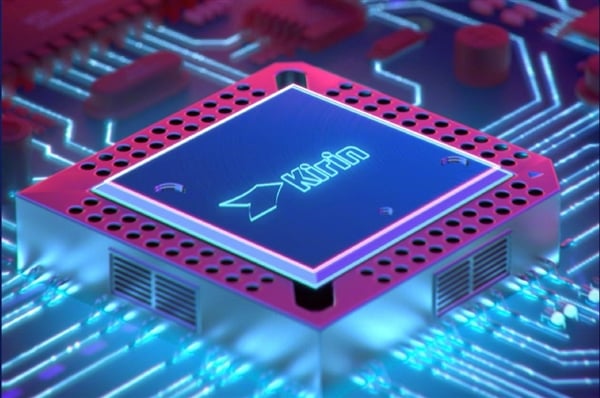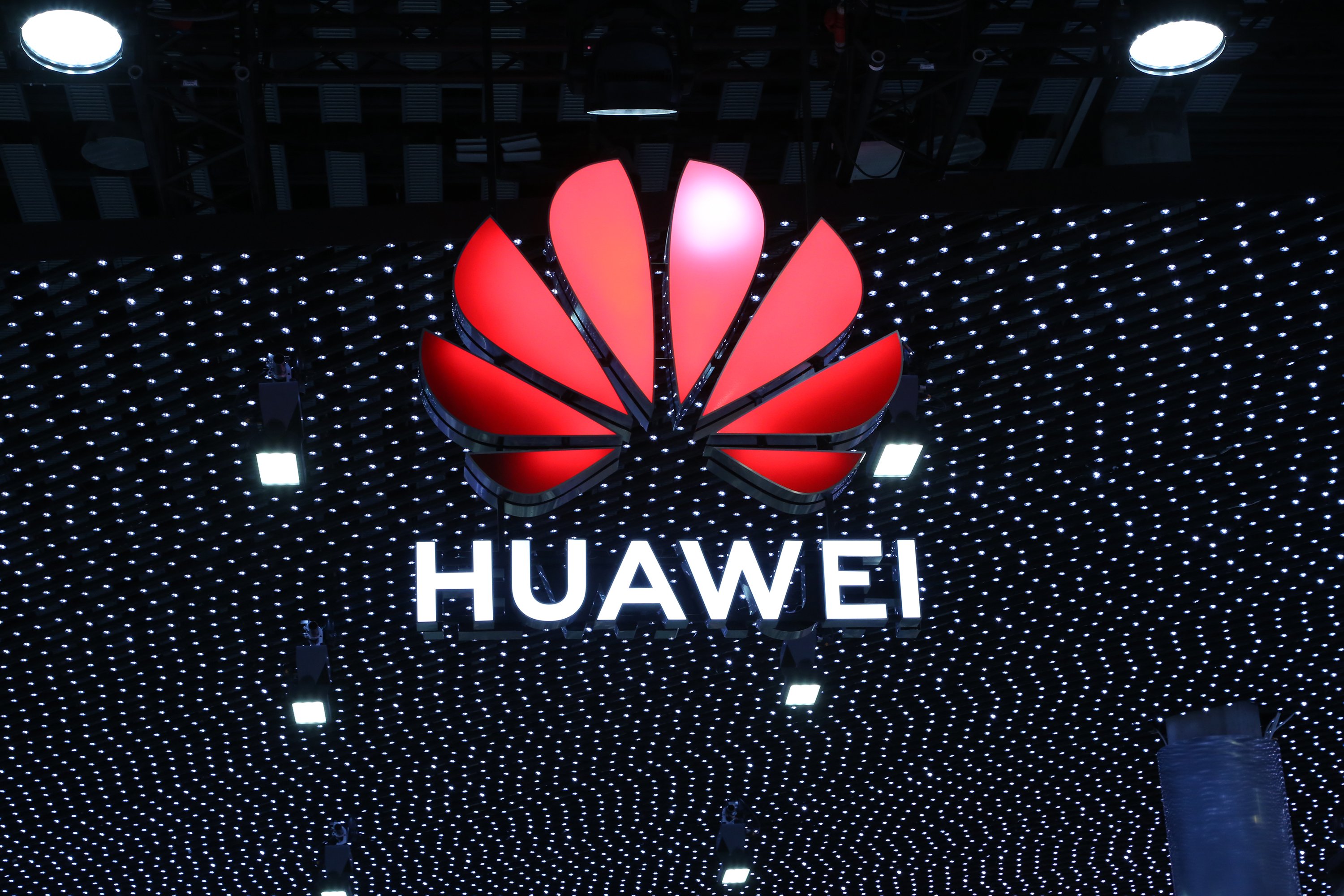A fresh report has revealed that Huawei Technologies is delaying the production of its flagship smartphones for 2020. The move arrives after the Chinese tech giant was hit with recent US sanctions, which caused it to lose its mobile chip supply from contract chipmaker, TSMC.
According to sources, Huawei has told its suppliers to delay production of the upcoming flagship models as the company weighs potential supply chain disruption following the new restrictions from the US. Reportedly, Huawei has asked for production halts for some of the components for the upcoming Huawei Mate 40 series. Furthermore, the company has also trimmed orders for certain parts in the next quarter.

At the moment, the Chinese smartphone vendor is assessing the impacts on its smartphone business after the new regulations were put in place. Following its annual schedule, Huawei usually launches the latest Mate series of premium grade handsets in the second half of the year. This period is generally packed with notable launches, such as Apple’s latest iPhone series and more.
Editor’s Pick: Huawei captured 90% of China’s premium smartphone segment in Q1 2020 while Apple led globally
For those unaware, Huawei smartphones mostly feature the company’s proprietary Kirin processor from its subsidiary chip designer, HiSilicon. However, while Huawei designs its own chips, these are produced by TSMC. Thus, with the loss of its primary chip supplier, the company is reassessing the situation, looking into alternatives, and even investing in local semiconductor firms, with plans in the longer run.

According to a source, “We now see the postponement of the mass production of Mate series will be for at least one to two months.” In other words, Huawei is still finalizing and resolving issues within its supply chain, and also reviewings its stock of existing chips. An executive of a Huawei supplier stated that, “One of the reasons to pause is that Huawei is reviewing the inventory level of its HiSilicon mobile chips and is busy verifying other mobile platforms by MediaTek and Qualcomm. But verifying other mobile platforms could lead to redesigns of the mechanical parts of the smartphones, which will take time.”
UP NEXT: Samsung beats Xiaomi as the smartphone brand Indians are likely to buy next
(Via)







